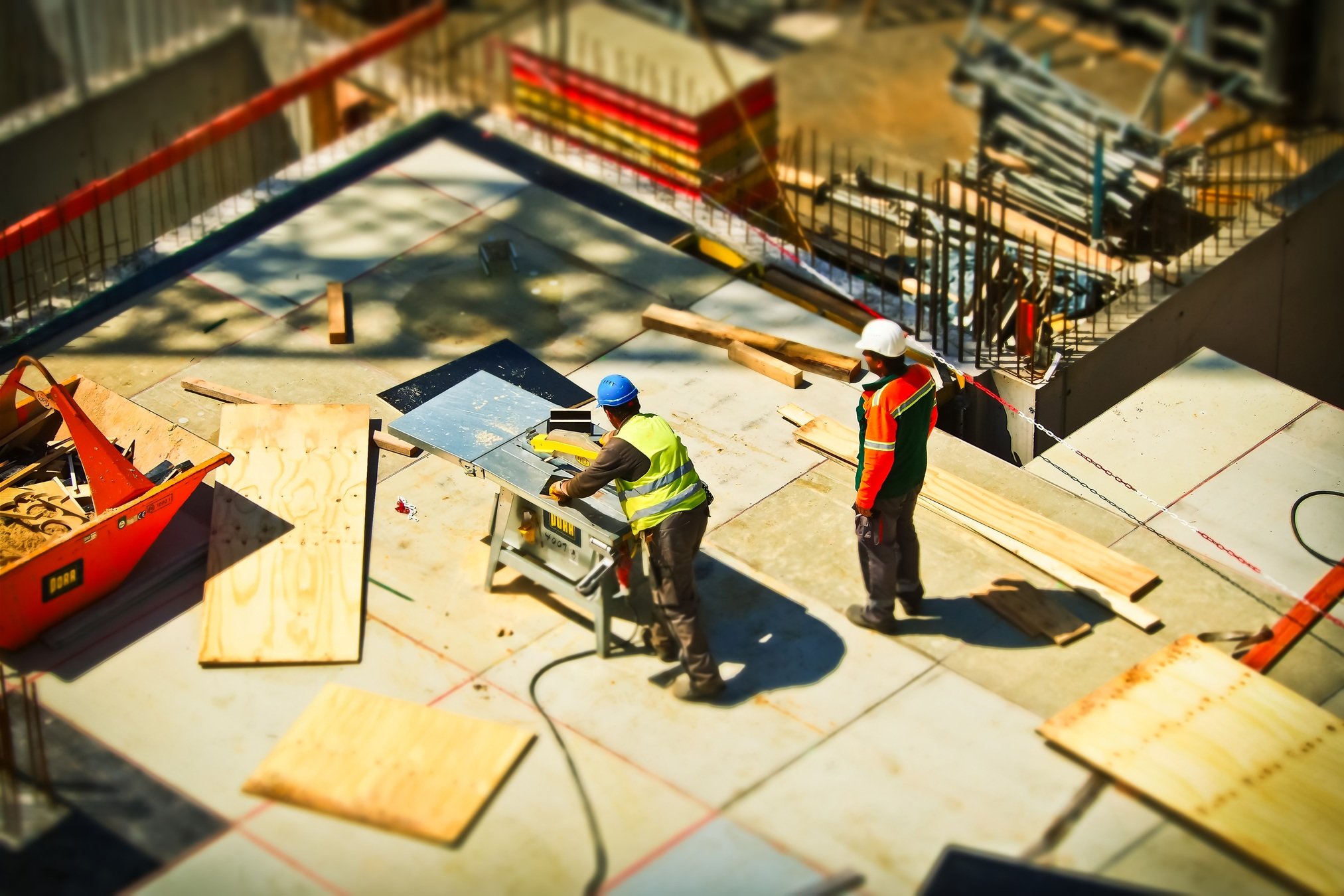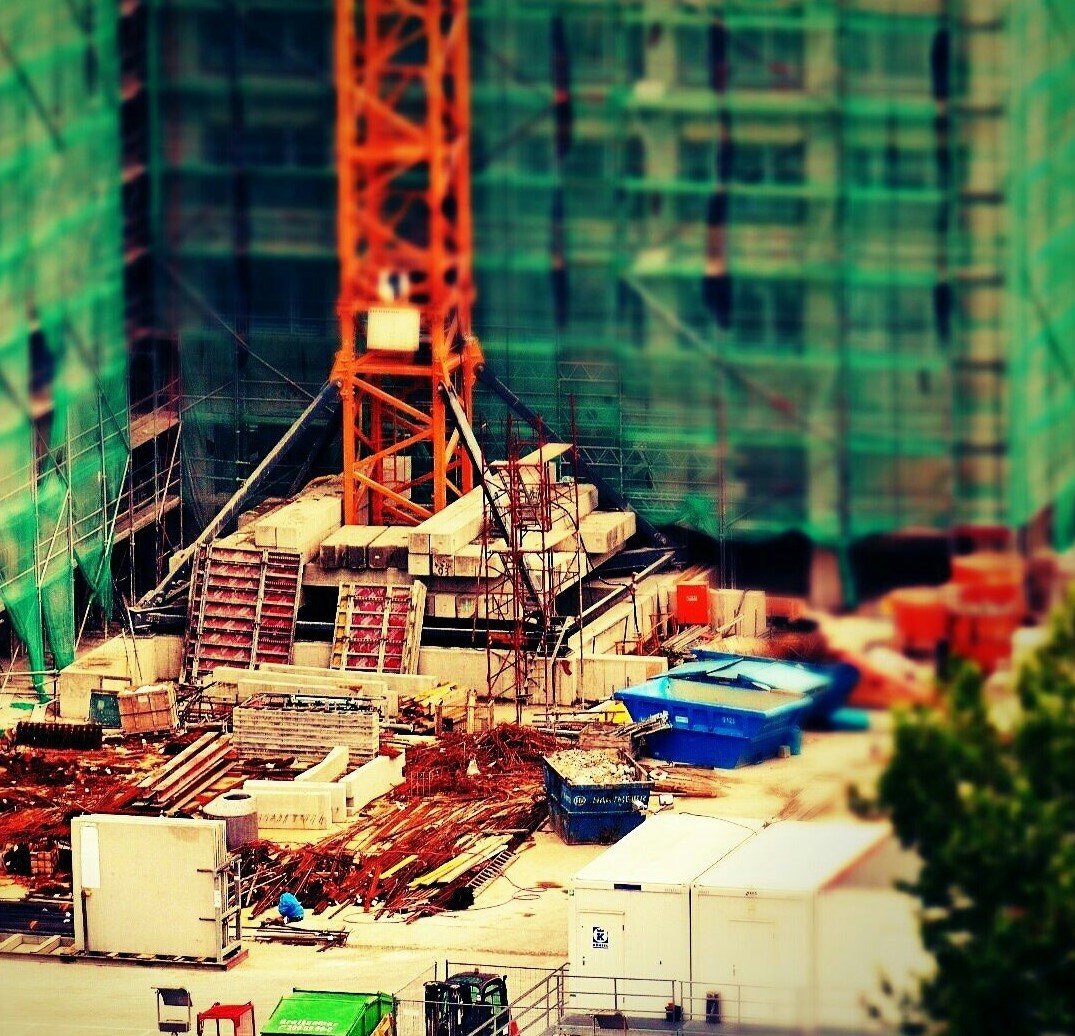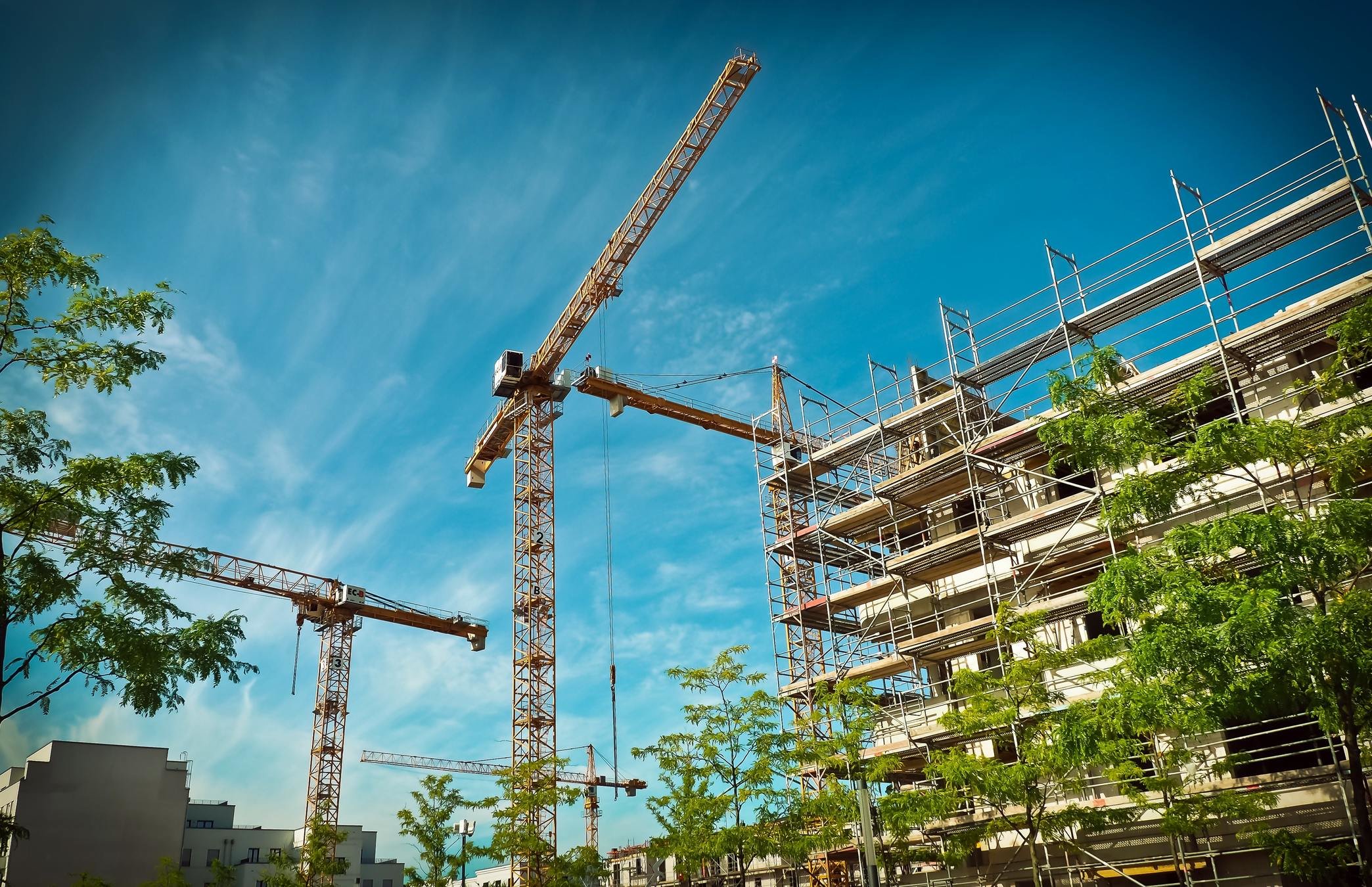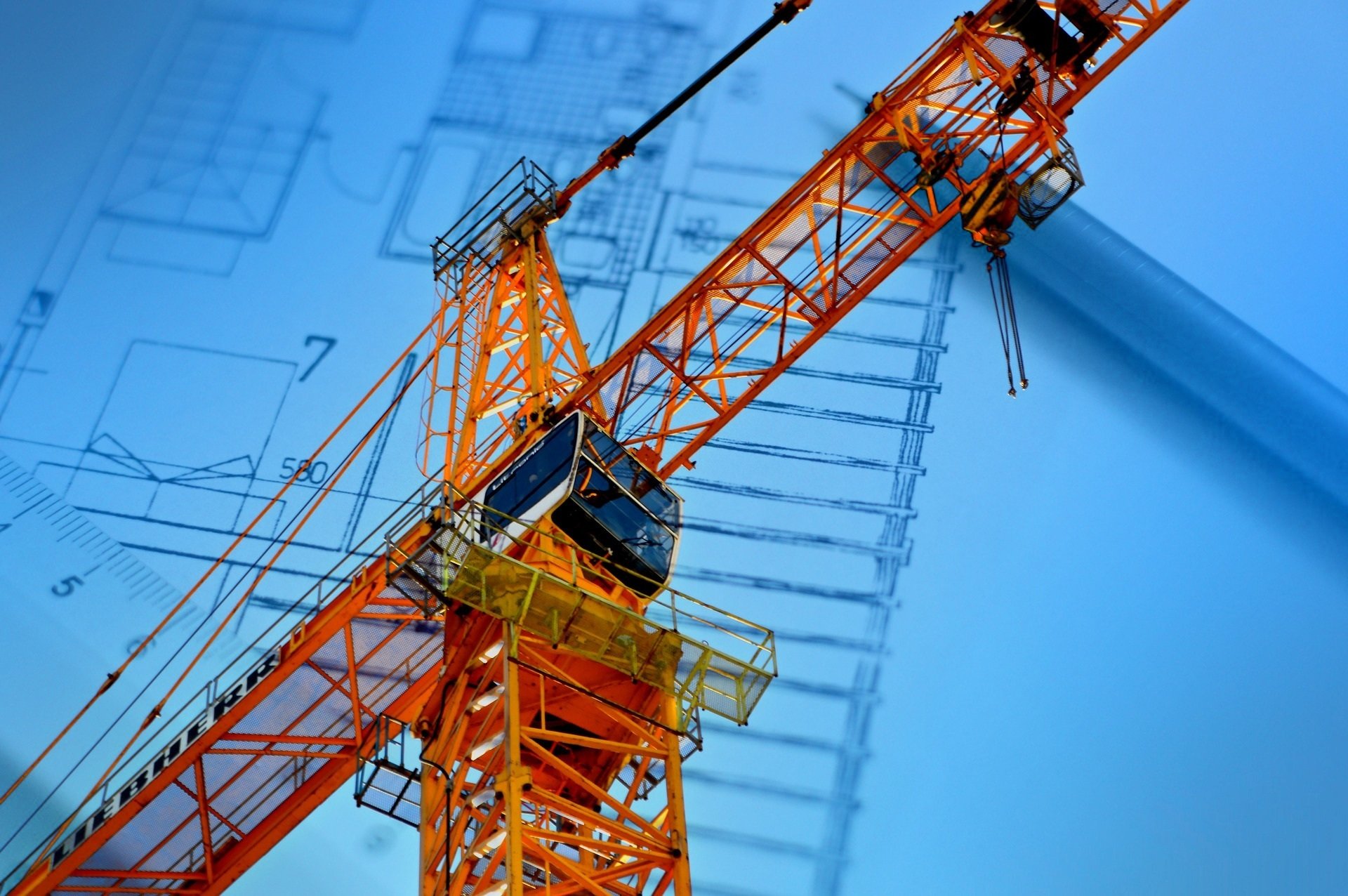What is a Structural Warranty?

Definition
A structural warranty is quite self-explanatory; being that it is insurance for the structure of your home. Usually lasting for 10 years, this is an arrangement involving the homeowner and the homebuilder.
It ensures any defects that are discovered in a given time frame within the agreement, will be corrected if they lie within the builder’s responsibility. These accountabilities will be clearly stated in the warranty and each policy is different.
Generally, the wider the cover, the more expensive the policy.
Structural warranty is usually split into two periods.
Defects Insurance Period
This is the first time period within a normal structural warranty and is usually the first 2 years of the agreement.
Within this time, the developer is responsible for amending any issues that arise from their work, or fail to comply with the provider’s standards.
When faults of this kind are noticed, they need to be reported as soon as possible. It is also useful to keep a copy of these details for your own benefit.
Structural Insurance Period
This follows the Defects Insurance Period and is where your structural warranty provider will have the responsibility to deal directly with valid claims.
During this time period, which usually lasts 8 years, any defects should be reported directly to the provider.
If the defect is valid and covered by your warranty, the provider is responsible for organising and paying for repairs etc.
1
2
What Do Structural Warranties Cover?
The cover that is provided by a structural warranty is different with each provider and every policy varies. Although you should always check what an individual policy covers, here are the parts of cover a structural warranty can include:
- Defects Insurance - This is stage one of the structural warranty and provides cover for any non-compliance with the providers technical manual. It may include non-structural issues.
- Structural Insurance - This is stage two and is the main part of the warranty which provides cover against structural defects. It comes after the defects insurance period has expired.
- Deposit Protection - If the developer becomes insolvent during the building process, this part of the structural warranty provides cover for the buyer's deposit.
- Contaminated Land - Provides cover for the cost of removing contaminated land in the building plot.
- Building Control - This provides cover for any aspects of the build that do not comply with Building Regulations.
Outlined in the previous slide, there are the two stages of cover:
Additional Cover:
Are
Structural
Warranties
Compulsory
It is recommended that builders or developers invest in a structural warranty for their own benefit but they are not a legal requirement.
However, many mortgage lenders require them.
The optimum time to arrange a structural warranty is prior to construction.
?

Types of Structural Warranty
- Self & Custom Build
- New Build
- Social Housing
- Commercial Building
- Completed Housing
- Extension, renovation & conversion

There are many different types of structural warranty. The kind you need will depend on what the building is, but these are the most common types:
Self & Custom Builds
Designed for those constructing their own homes, a self or custom build warranty is appropriate for new builds, renovations, conversions, and extensions.
Providers, such as Self-Build Zone, offer structural warranties specifically for those that fall into this category.
General Features of a Self/Custom Build Warranty:
- Provides cover for after construction has begun and after completion
- Cover for defects in workmanship, design and materials etc.
- Usually lasts 10 years
- Warranty provider inspects construction work to ensure it complies with building standards
- Each policy is different (check the fine print)
New Builds
New builds are a prime opportunity for structural warranties. As a recent construction, a new build structural warranty provides cover from the get-go, and protects buyers from any structural defects that arise.
Providers, such as Build-Zone, offer structural warranties specifically for new builds.
General Features of a New Build Warranty:
- Provides cover for after construction has begun and after completion
- Recognised by mortgage lenders
- Provides buyers peace of mind
- Helps towards a high standard of building
- Each policy is different (check the fine print)
Social Housing
With social housing, the typical 10-year agreement can be extended to up to 12 years with most companies.
Normally, social housing warranties are offered to housing associations and registered social landlords. Some policies are also suited for regeneration and mixed-use projects.
General Features of a Social Housing Warranty:
- Provides cover for purpose-built properties against structural defects
- Usually 10 or 12 year cover
- Usually provides cover against contaminated land
- Each policy is different (check the fine print)
Commercial Building
Commercial building warranties are designed specifically for new builds and conversions of commercial developments.
These can usually be of any size and include buildings such as offices, industrial buildings, student halls and care homes.
General Features of a Commercial Building Warranty:
- Provides cover for structural defects of commercial buildings
- Usually 10 or 12 year cover
- Usually provides cover for loss of rent
- Waiver of subrogation rights is possible
- Each policy is different (check the fine print)
Completed Housing
Completed housing warranties exist to cover properties that are already built but do not have a structural warranty. They are designed to provide cover for those who have a financial interest in a property, or simply for peace of mind.
However, the completed property must be less than 10 years old. The warranty then provides cover only for the balance of the 10-year period. For example, for a 4-year-old property, the warranty would provide cover for the remaining 6 years.
General Features of a Social Housing Warranty:
- Provides cover for completed properties against structural defects
- The vendor or the buyer can arrange the structural warranty
- Each policy is different (check the fine print)
Extensions, Renovations
Homeowners that are carrying out work on their property may assume that things like extensions, renovations and conversions are covered by the existing home insurance policies. But, it most case it isn't covered.
When carrying out an extension, you need to consider getting extension insurance to cover the building works as they are carried out. But, you may also need to think about a structural warranty on the new extension works, in case the building work goes wrong.
This also applies to some renovation and conversion works but because they are all different, you should speak to a professional about what cover you need.
& Conversions
What Happens During the Process?
Although every structural warranty provider will work differently, they usually follow a process that goes something like this:
- The person applying for a structural warranty will need to register with a provider and submit their plans, specifications and any application forms plus an application fee if this applies.
- The structural warranty provider will review the plans and calculate a quote which depends on the individual property or properties.
- At this stage, there is usually an inspector who will visit the applicant for an appraisal meeting.
- The applicant will sign and return acceptance of the structural warranty offered.
- The structural warranty provider then passes on documentation such as a technical manual and other policy documents, and something to keep a record of the builds progress and any inspections made.
- Once the building starts, site inspections are carried out at given times to check the building work complies with the warranty standards.
- After completion of the build, completion certificates will usually be issued and the 10-year cover will begin.

Why?
Investing in a structural warranty will not only help to sell a property once it is completed, but it provides the right cover to protect against defects in building work and failure to comply with building standards. This protects a developer's reputation and will give the property owner the security they need.
What is a Structural Warranty?
By Cole
What is a Structural Warranty?
A look into what a structural warranty is, with an in-depth look at each type of structural warranty. Plus, an overview of what is generally covered by a structural warranty and why you need one.
- 1,959

